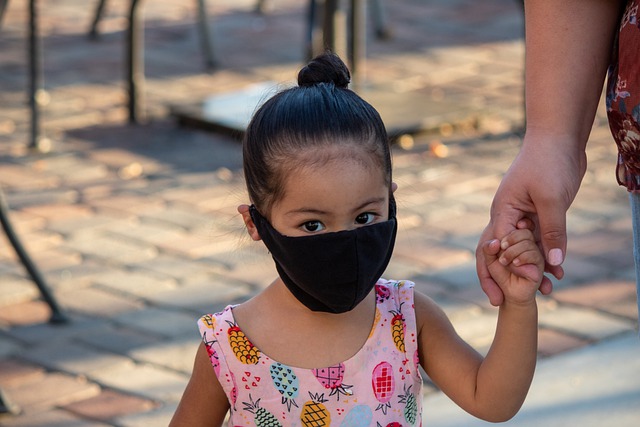
Approximately 75 children between the ages of 5 and 11 years old living in California are participating in a clinical trial of the Pfizer/BioNTech COVID-19 vaccine.
Pharmaceutical officials have suggested that they may apply for federal emergency use authorization to distribute it starting in September.
Through Kaiser Permanente Northern California, 11-year-old Sacramento resident Luci Guardino was one of the first to receive the pediatric version of the vaccine.
"I want everyone to know that the COVID vaccine is safe and will allow us to go back to a completely normal life ... doing simple things like going to the movies or eating at home or having friends over," he said.
Guardino joins about 4,600 children at dozens of sites across the country participating in Pfizer's pediatric vaccine trial.
According to the Kaiser Permanente Division of ResearchThe trial has a double-blind design, meaning that neither the participants nor the researchers know whether a vaccine or a placebo is being administered; in this case, two-thirds of the children will receive the vaccine and one-third the placebo.
Through a statement, he explained that participants receive a lower dose of the vaccine than that administered to adults and adolescents, although the rest of the vaccination process is the same: two doses 21 days apart and careful monitoring for side effects or negative reactions.
The trial continues to track participants for 2 years even if the vaccine is available to children before the end of the trial.
Kaiser Permanente's participation in the Pfizer pediatric trial is administered by its Oakland-based Vaccine Study Center, led by center director Nicola Klein, who emphasized the importance of vaccinating children even if they don't get as sick from COVID-19 as older people do.
"Children and teens can benefit from COVID-19 protection so they can safely return to school, sports and other activities," said Klein, a scientist in Kaiser Permanente's Division of Research.
He noted that new and future variants of the SARS-CoV-2 virus raise the possibility that COVID-19 may behave differently in young people in the future, becoming more dangerous.
Similarly, he said that given the hospitalizations and deaths of children from COVID-19 so far, the disease is "comparable to other diseases that we vaccinate children for.
You may be interested in: Pfizer and AztraZeneca Vaccines Protect Against Delta Variant of COVID-19

